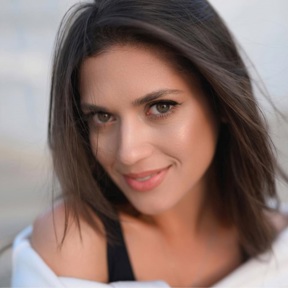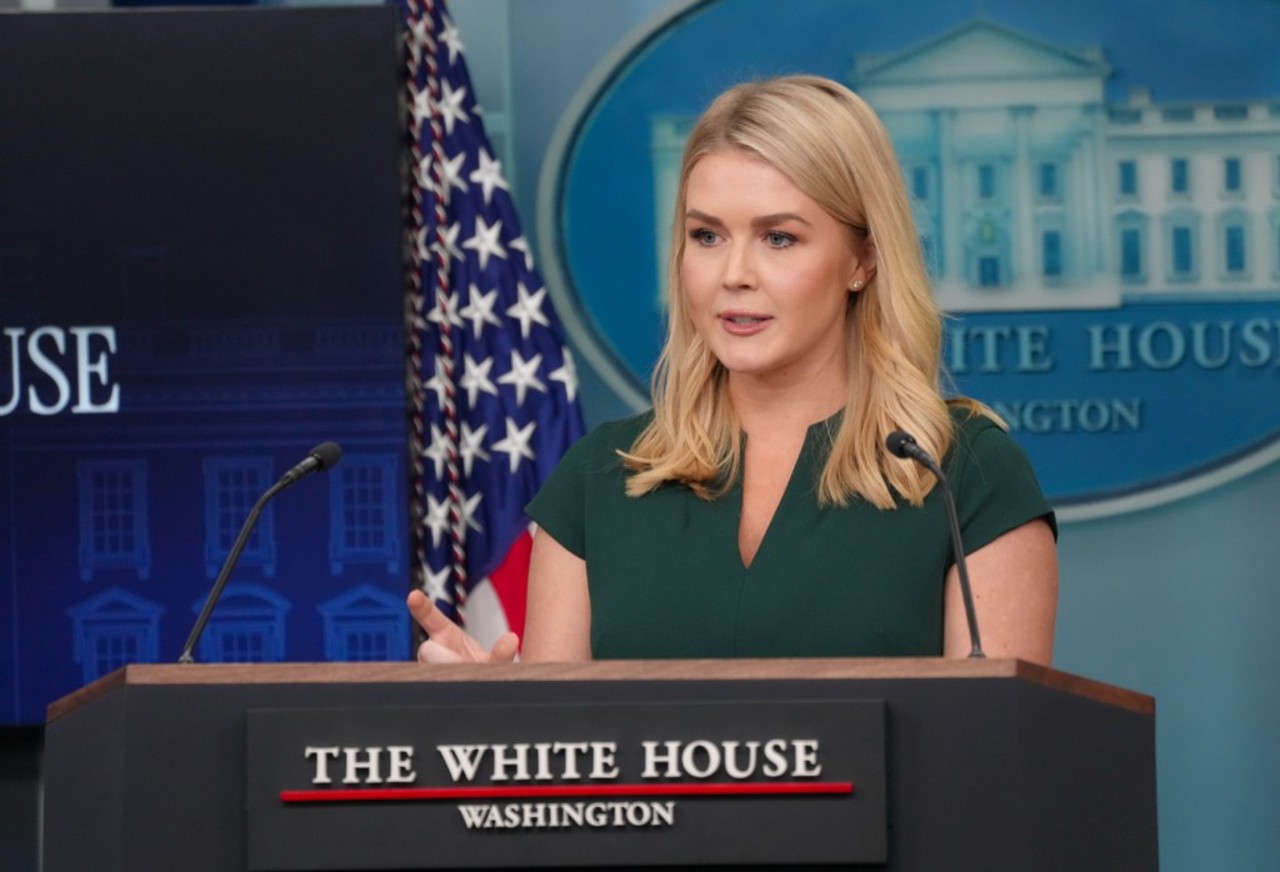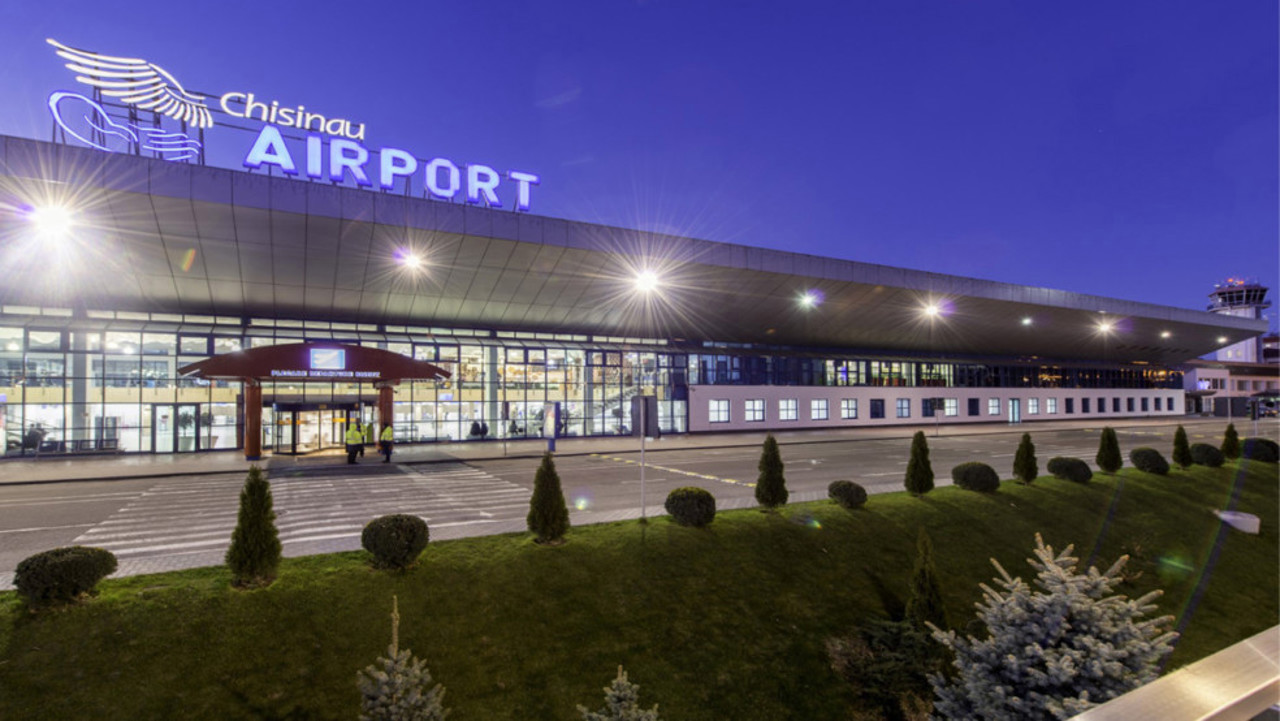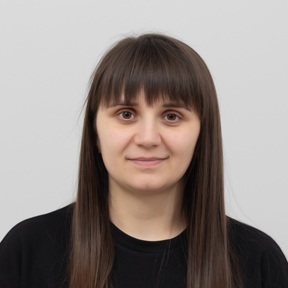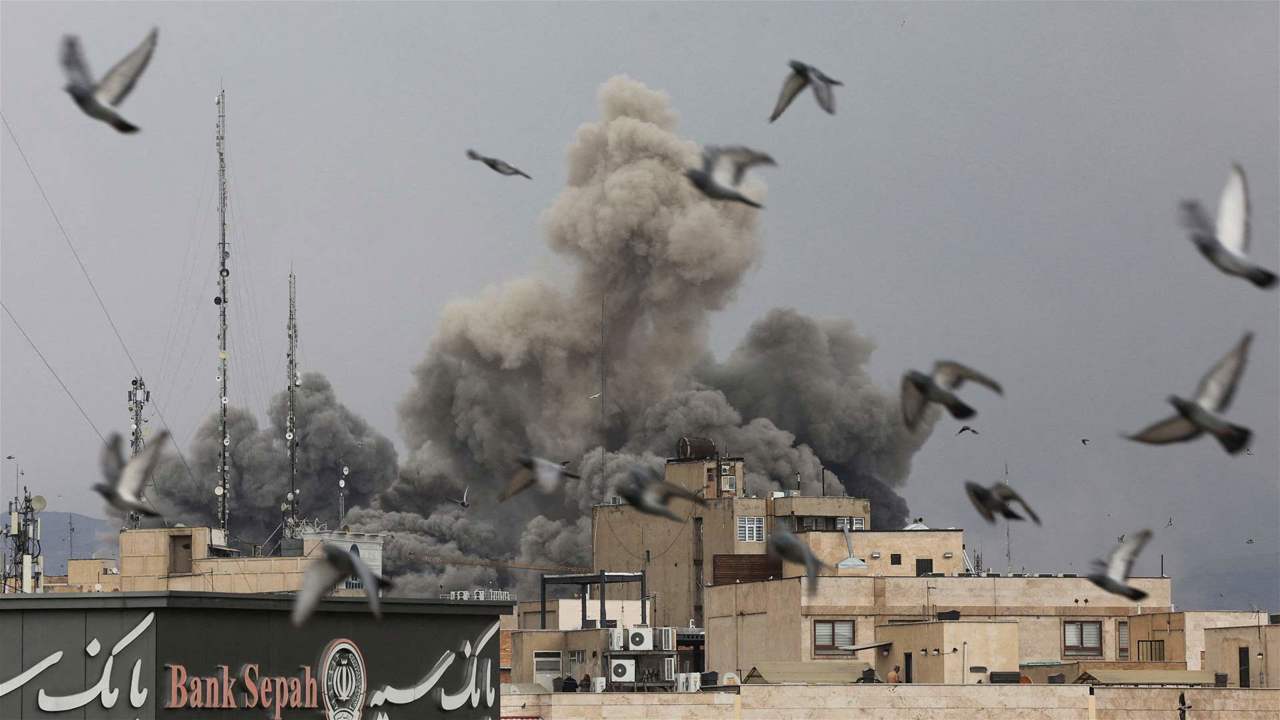News in brief: Russia's shadow looms over Moldova's elections
Controversy surrounding Moldovan priests captured in compromising situations in Moscow, concerns over Russia's substantial funding of the Șor group and its potential influence on the presidential elections, coupled with the acceleration of Moldova's EU accession process, dominate the headlines.
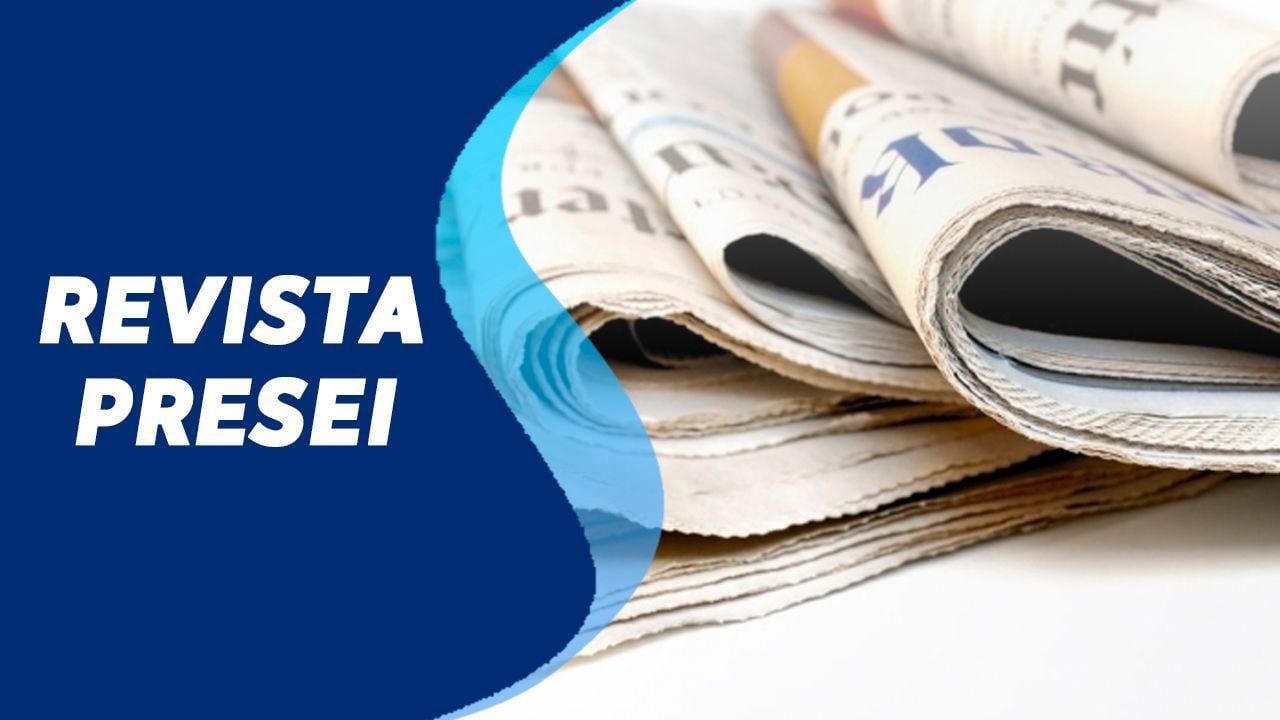
NordNews challenges the Metropolis of Moldova's claims regarding the pilgrimage organised by the Russian Patriarchate for Moldovan priests with "limited means." While the Metropolis maintained the trips were solely religious, photographs depict priests from the Diocese of Ungheni and Nisporeni frequenting Moscow breweries, contradicting the stated purpose.
Furthermore, Ziarul de Gardă reports encountering several priests from the Metropolis of Moldova at Chisinau International Airport on the morning of August 20th. When questioned about their destination and purpose of travel, they declined to comment. ZdG's investigation revealed that their plane tickets were procured through a Russian travel agency and paid for in cash.
Deschide.md features an interview with PLDM President Vlad Filat, who asserts that Russia's funding of the Șor group has skewed Moldova's political landscape, jeopardising both ideology and governance quality. The former Prime Minister underscores that Russia's interference in domestic affairs will significantly impact the October 20th elections, with the state lacking sufficient resources to counter such influence. Filat contends that Russia's objectives in Moldova extend beyond the European integration referendum, criticising the imposed neutrality as an illusion and advocating for NATO membership as genuine protection, an idea he believes needs wider public understanding.
TVR Moldova, citing Polish Prime Minister Donald Tusk's statement, reports that Moldova's EU accession process will be expedited in 2025 when Poland assumes the European Council presidency. During his official visit to Chisinau, Tusk emphasised Poland's commitment to making up for lost time under the Hungarian presidency. He reaffirmed Poland's strong support for Moldova's European integration and addressed the Parliament, civil society representatives, students, and businesspeople engaged with Poland.
Realitatea.md covers Parliament Speaker Igor Grosu's response to PAS deputy Vasile Șoimaru's suggestion that the Metropolis of Moldova, subordinate to the Russian Patriarchate, could face a ban. Grosu confirmed discussions with the deputy, highlighting the country's diverse religious landscape. Șoimaru had previously indicated a potential ban this autumn, mirroring Ukraine's approach.
The Ministry of Agriculture, Vladimir Bolea, suggests a potential state of emergency in agriculture, as reported by Moldpres. The solution remains under consideration, with details pending collaboration with the Ministry of Justice, the National Bank, and other creditors. The Minister acknowledges the agricultural sector's challenges and is actively seeking solutions for affected farmers. Concurrently, farmers in Cahul and Cantemir plan protests, dissatisfied with compensation measures for drought-related losses.
While the dust wave in Moldova poses no significant public health risk, individuals with respiratory conditions, including asthma, chronic bronchitis, respiratory infections, and allergies, as well as the elderly and young children, may be susceptible to the detected particle concentrations, according to IPN. The Environmental Agency attributes the slight increase in concentrations, exceeding permissible limits at several monitoring stations, to strong winds depositing particles on surfaces. Public health experts advise against intense outdoor physical activity and prolonged travel.
Translation by Iurie Tataru
